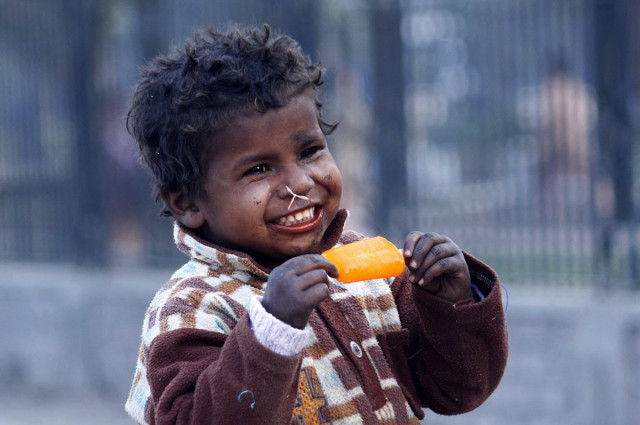Look them in the eye
For the underprivileged, a cold meal is better than the empty rhetoric of politicians

"I want these people to go to the homes, or shacks of those who can barely afford a meal and tell them that empty rhetoric is better than a bowl of rice." (Representational Image: File)
Neverminding that many of the same people have supported welfare programmes in the past when it was their government, I want these colleagues to go to the soup kitchen and look at the people forming the queue in the eye and tell them exactly what they say on television. I want these people to go to the homes, or shacks of those who can barely afford a meal and tell them that empty rhetoric is better than a bowl of rice.
For far too long we have lived in a hierarchical, privileged and feudal society — where the community’s head speaks for every member of the clan. We don’t recognise that those who face enormous difficulties in making ends meet may also have a voice, a sense of right and wrong and an opinion. I wish those who pontificate on the mighty talk-shows would listen more and talk less. They may find their ideas are outdated, vulgar and insulting to those facing severe economic hardships.
The opposition and the pro-opposition anchorpersons are not the only ones who need serious reflection — our policymakers, who increasingly, unequivocally, and unconditionally support strongmen in their territorial pursuits — be it in Yemen or Northern Syria — need to look in the eyes of those who are permanently displaced from their homes. I wish our policymakers would join me and my colleagues as we go to refugee camps and see the human cost of the war which is beyond amputated arms and mangled limbs. It is the irreversible loss of hope and a permanent burden on the soul. The displaced and the dispossessed are also humans, just like us. Yet for many, from a distance, they are a statistic, collateral damage — and an inconvenient one.
Many in the media, including columnists in leading newspapers and TV stations, have argued that foreign policy is simply about quid-pro-quo. Their argument is that there is no morality to be expected, and our support should always be for those who support us, no matter what they do. Friendship, they argue is above morals. But there is a problem — just because it has become the norm doesn’t mean it has to be so. The reason morality, decency and fundamental regard for human dignity have disappeared from conversations is because no one expects it to be there. Those who suggest it isn’t a norm are part of the problem — they aren’t stating some universal truth, they are in fact perpetuating a belief that is antithetical to human progress.
It wasn’t long ago when slavery was the norm — powerful countries were enslaving and trading people. Even women were not allowed to vote or own property. But some people stood up and continue to, against all injustices — we should aspire to be among them, and not those supporting the status quo. Status quo is never the indication of what is right and those who support it at the cost of human dignity, are never remembered kindly by history.
Our worldview, whether about the marginalised in our country or the displaced in the Middle East by our explicit or implicit support, needs a serious shot of humanity. Instead of thrusting our feudal view on people or defending our actions as the norm of modern times, we should have the moral courage to sit with those who are struggling, look them in the eye, and ask them: what can I do to help you?
Published in The Express Tribune, October 15th, 2019.
Like Opinion & Editorial on Facebook, follow @ETOpEd on Twitter to receive all updates on all our daily pieces.















COMMENTS
Comments are moderated and generally will be posted if they are on-topic and not abusive.
For more information, please see our Comments FAQ